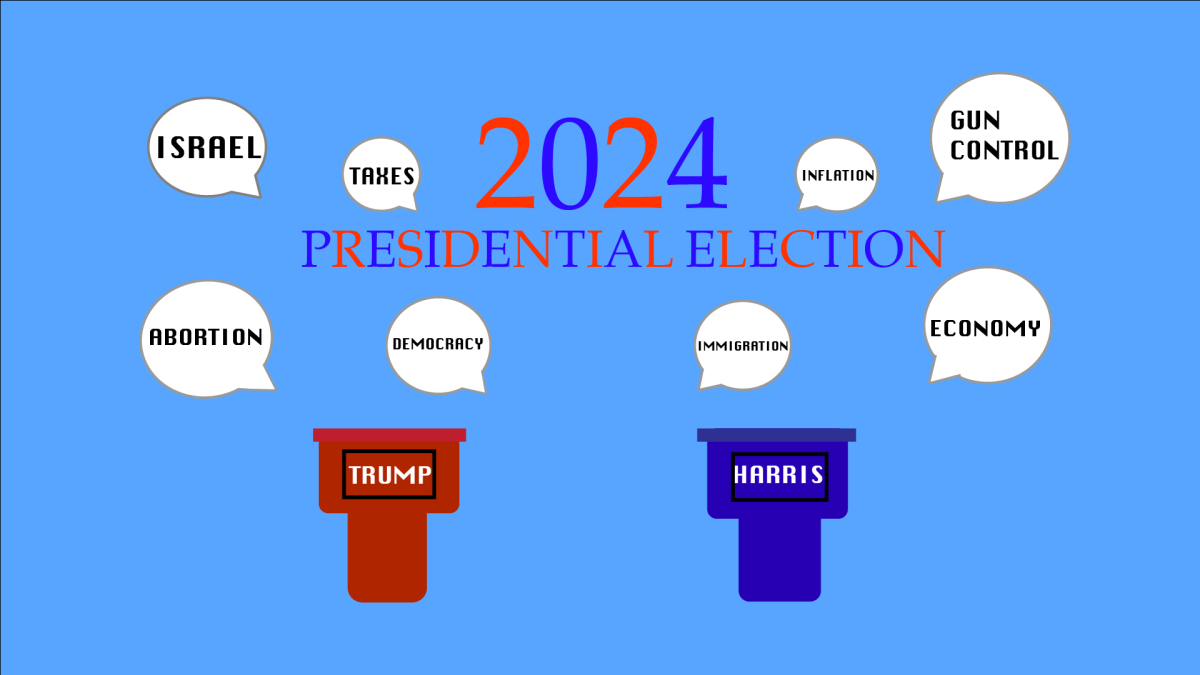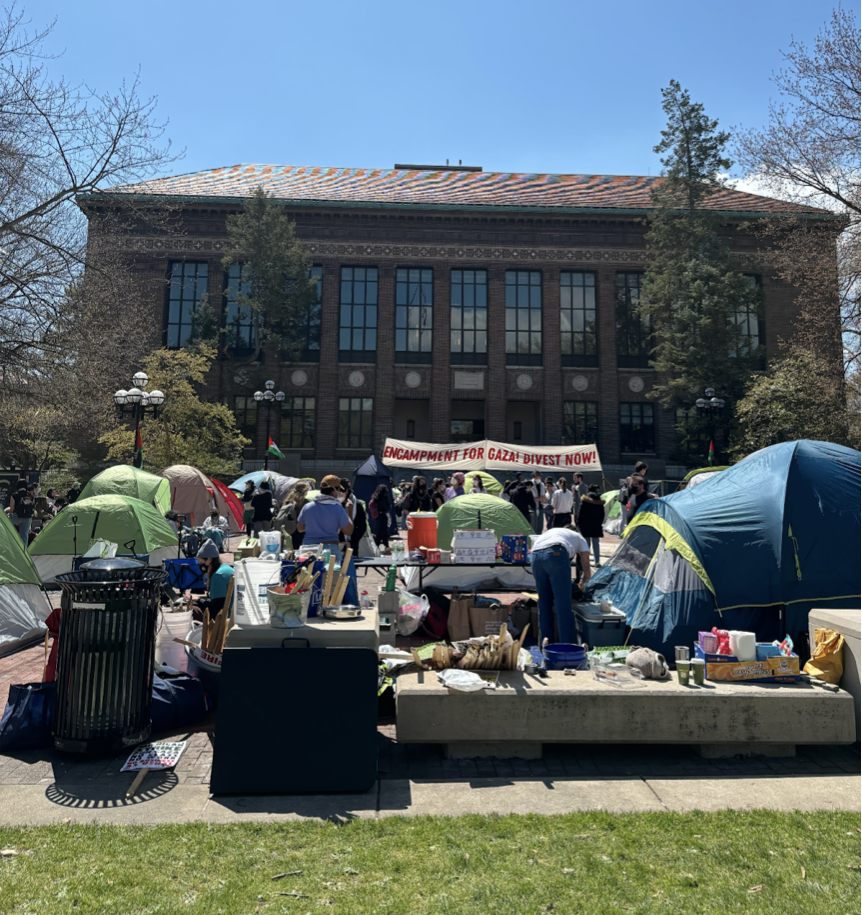Many textbooks Shalhevet requires, especially the ones used for AP classes, are available as eBooks this year.
That means they can be downloaded from the internet – weighing, and often costing, far less than traditional textbooks do – or used on a log-in basis, read live online with features like note-taking capability.
Publishers of the AP books for European History, World History, US History, Psychology and Chemistry all offer digital versions of their textbooks at up to 80 percent less than the printed versions.
The digital versions, or “eBooks,” can be downloaded it onto an iPad, Kindle, or any other tablet or computer. (A new iPad 2 starts at $499 while the Amazon Kindle starts at around $115.)
Students at Shalhevet have yet to start using eBooks, but senior Scott Rad was hoping to start this year.
“I researched in purchasing the textbook for AP psychology,” Scott said. “I already purchased the hard copy before I found it. But I do think that eBooks will be the future for textbooks because creating a digital textbook is a lot cheaper to produce and is substantially more viable.”
Amazon.com offers eBooks that allow students to chose a rental length, from 30 to 360 days, to download a textbook directly from the Amazon textbook store onto a Kindle or onto a PC, Mac, iPad, iPhone, Android device, Windows Phone 7, or Blackberry that has the Kindle application. The free application can be downloaded form Amazon’s website. http://tinyurl.com/amazon-application
Websites like ecampus.com, textbooks.com, and coursesmart.com also offer virtual options. For example, students can buy an online version of the textbook and log into a website to read it for either 180 or 160 days, depending on the price. Such arrangements also come with added features, and students can take electronic notes while studying.
Digital textbooks have not exactly caught fire at Shalhevet yet, but faculty members are starting to get on board. Director of Technology Mr. Yossie Frankel has the digital version of the 9th grade physics textbook, Conceptual Physics.
“The digital version is a great option,” Mr. Frankel said. “The only issue I see with it is if the device runs out of battery. If students were to use the textbooks during school, there would not be enough outlets for everyone whose iPad or laptop ran out of battery.”
Mrs. Tove Sunshine, who teaches AP Psych and AP Euro, thinks those who have eBook-friendly devices are fortunate.
“I think that it’s a great idea for students who have a laptop or easy access to a computer,” Mrs. Sunshine said. “However, for students who share a computer, it could make it more difficult to get reading and studying done.
“Consequently, I would encourage students who find the idea attractive to try it out but not make it a requirement.”







